New cooperation for plant technology to manufacture fuel cells on a large scale
October 6, 2021 7:27 pm
thyssenkrupp Automation Engineering, Andritz Soutec and Schuler Pressen to supply integrated production systems for fuel cells.
thyssenkrupp Automation Engineering, Andritz Soutec and Schuler Pressen are joining forces and have signed a cooperation agreement to offer end-to-end production lines for the high-volume manufacture of metallic bipolar plates today. Customers will benefit from receiving everything from a single source. In addition, solutions for the production of the membrane electrode assembly (MEA) as well as for the stack and system assembly of fuel cells including testing technology can be supplied. This covers the entire value chain for manufacturing, assembling and testing a fuel cell.
The first process step on the production line is forming technology for coining and trimming bipolar plate halves made of stainless steel sheet with a thickness from 70 to 100 µm. Schuler offers mechanical and servomechanical knuckle-joint presses with press forces of up to 2,000 t for this purpose. The innovative “IntraTrans” transfer system enables simultaneous production of both bipolar plate halves – anode and cathode – in one press stroke. Material is fed from both sides of the press and transported through the individual die stations to the press centre. In addition, the bipolar plate halves can be brought together in the press and pre-joined by means of a spot welding process so that the position of both halves relative to each other is fixed.
A seal is then applied, dried and visually checked for correct quality on both sides of the bipolar plates in equipment provided by thyssenkrupp Automation Engineering using dispenser stations. In addition to an innovative system for transporting the bipolar plates between the plant sections, thyssenkrupp offers equipment for producing the MEA and for stacking MEA and bipolar plates to form the final fuel cell stack, including testing technology.
“Through this cooperation, our customers can obtain a complete integrated line for a capacity of up to 50,000 stacks per year with coordinated interfaces for the production of fuel cells for the first time,” clarifies Frank Klingemann, Head of Schuler’s Industry Division. Michael Menneking, CEO of thyssenkrupp Automation Engineering, is also convinced, “The companies complement each other ideally, and our international focus means we are ideally equipped for this future technology.”
For more info, visit: www.schulergroup.com
Cookie Consent
We use cookies to personalize your experience. By continuing to visit this website you agree to our Terms & Conditions, Privacy Policy and Cookie Policy.



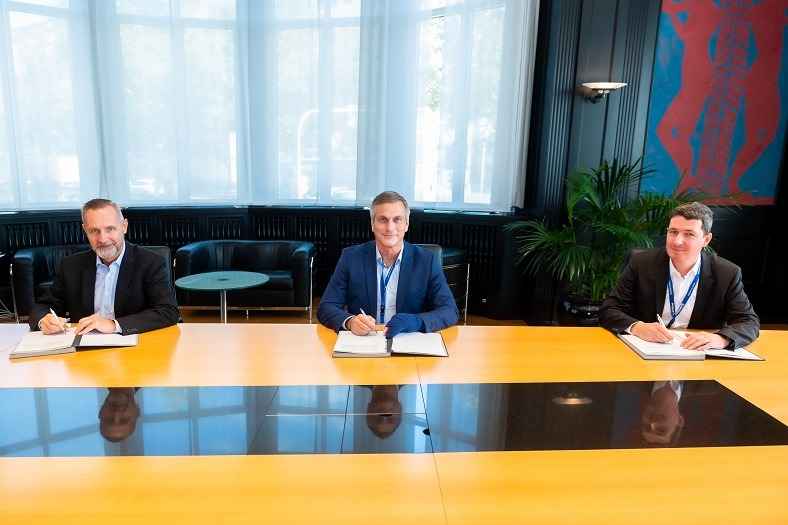
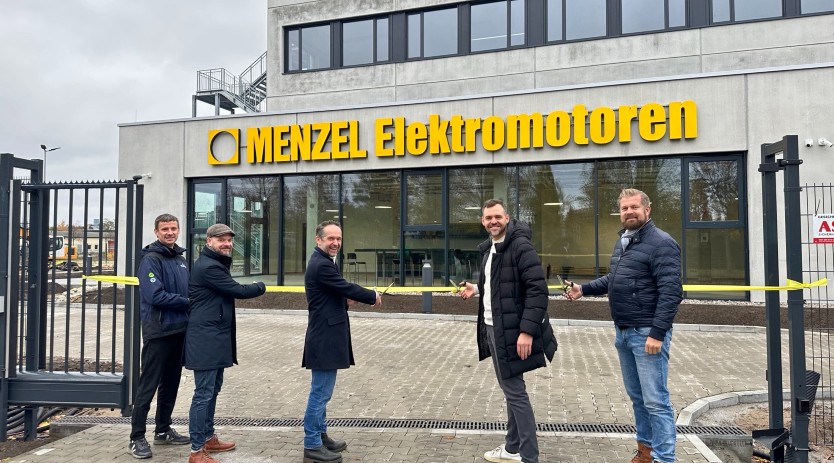
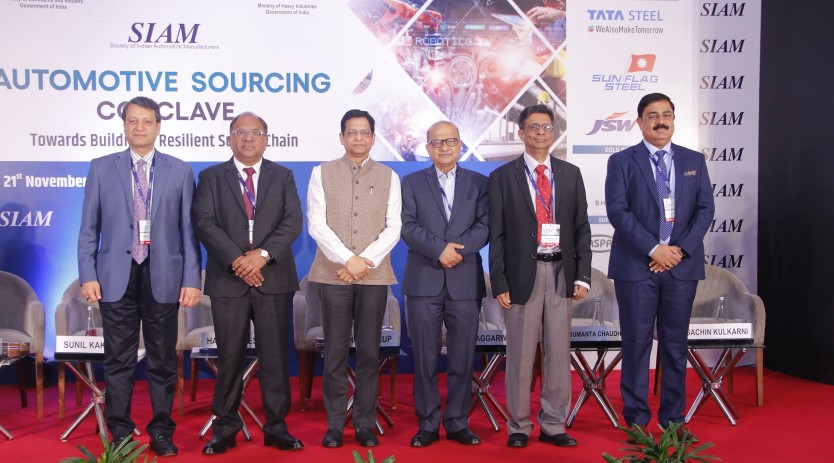
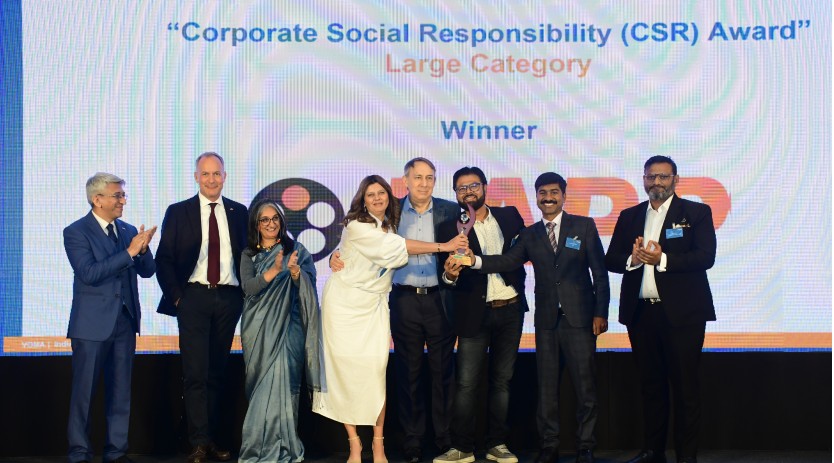


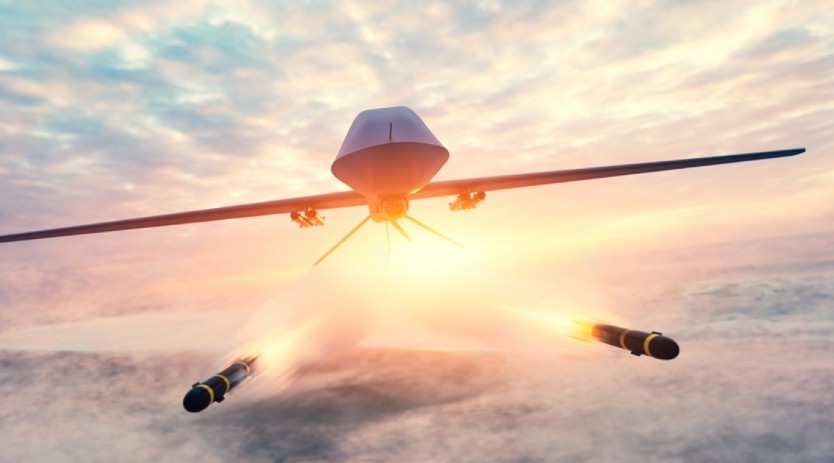
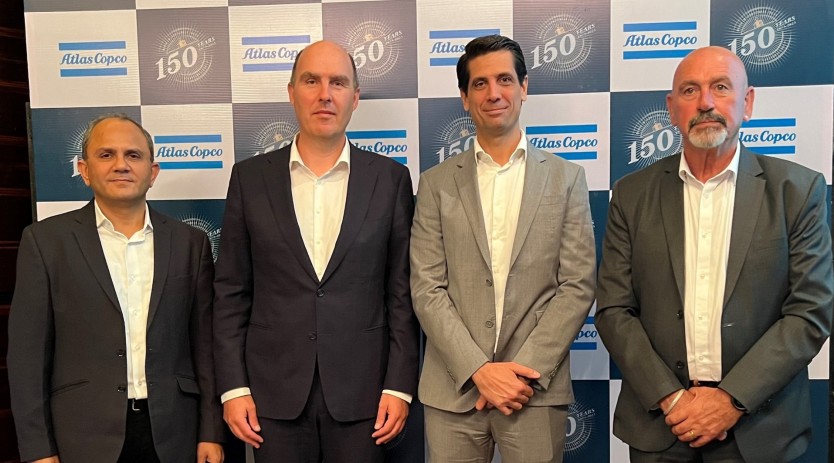
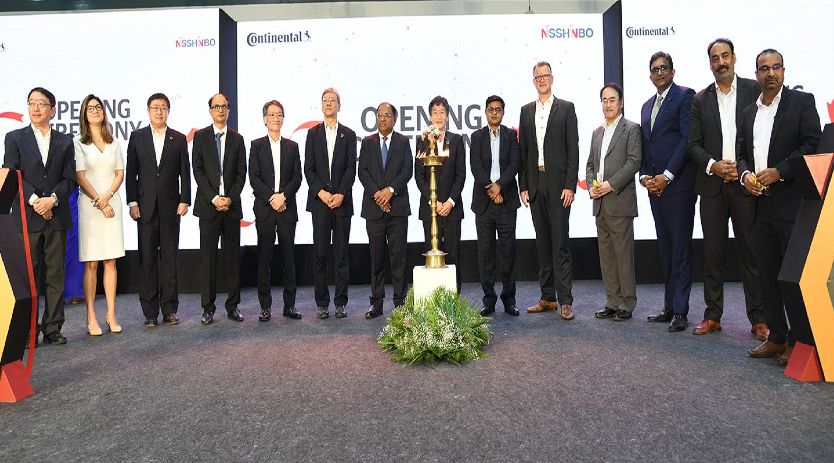

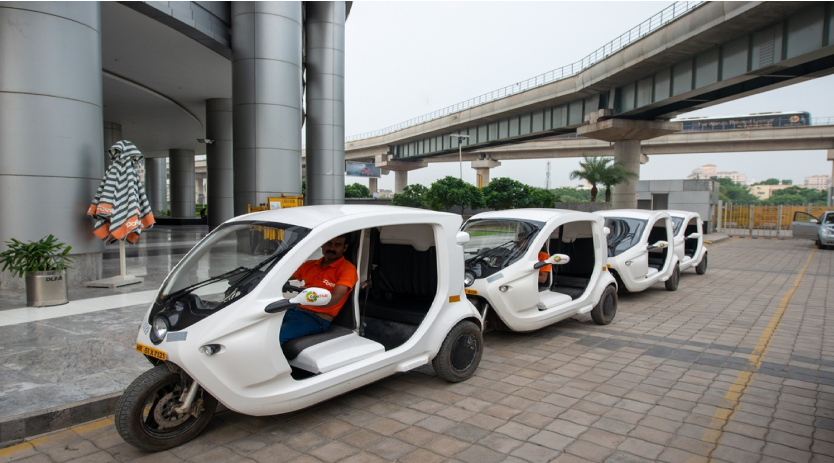
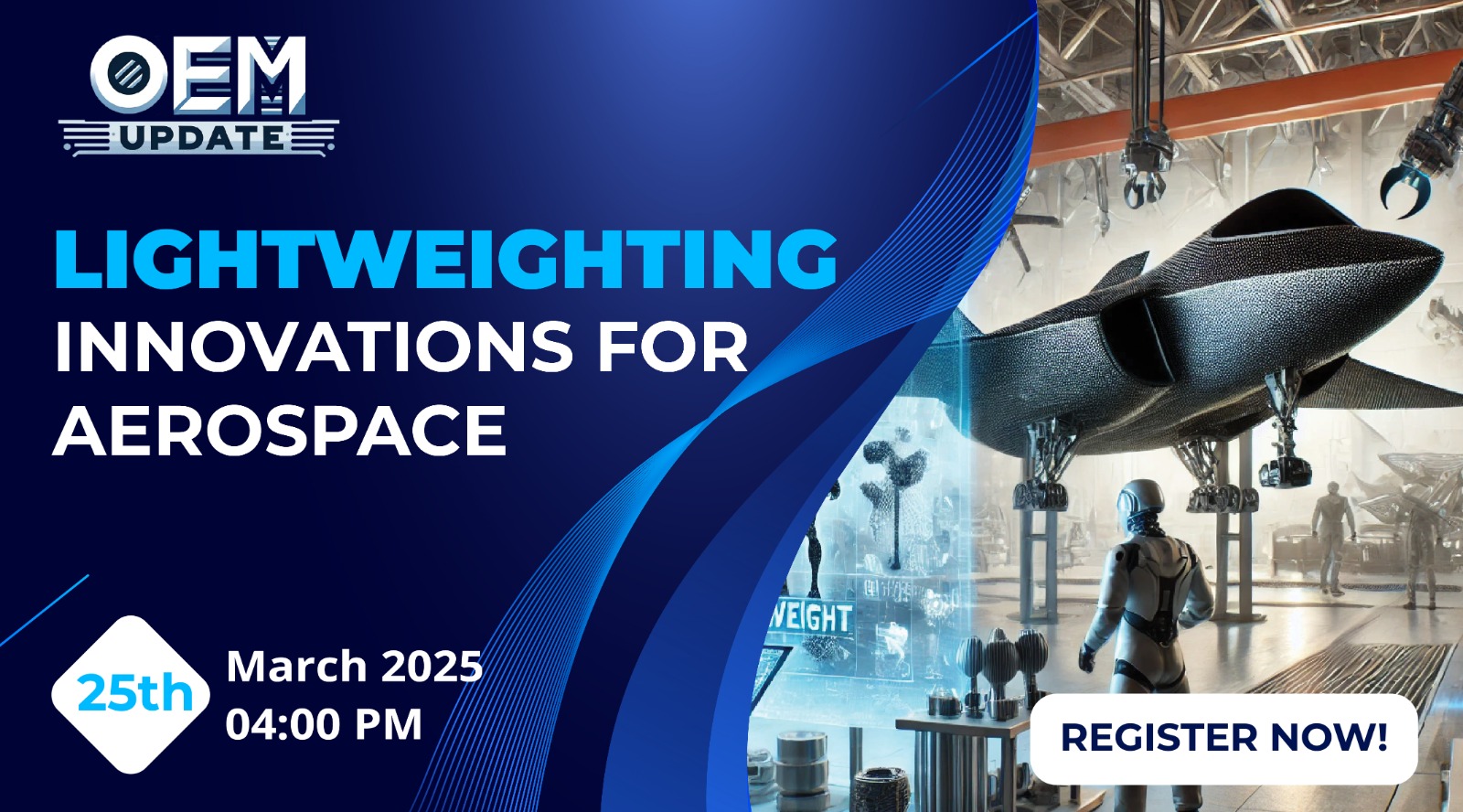


 English
English Hindi
Hindi